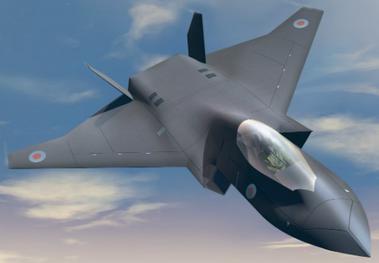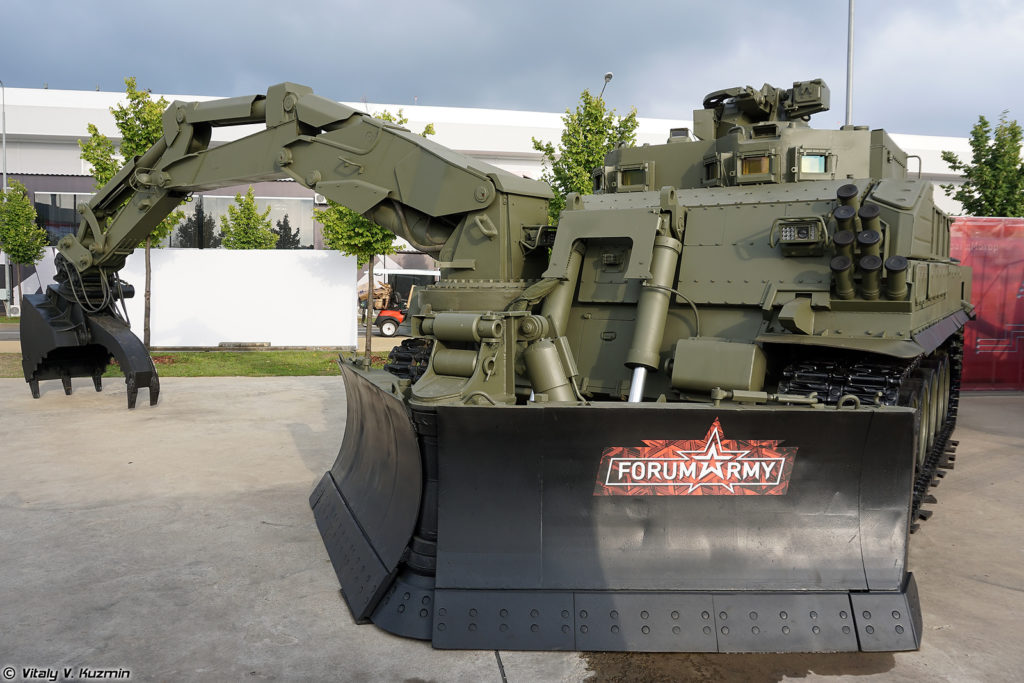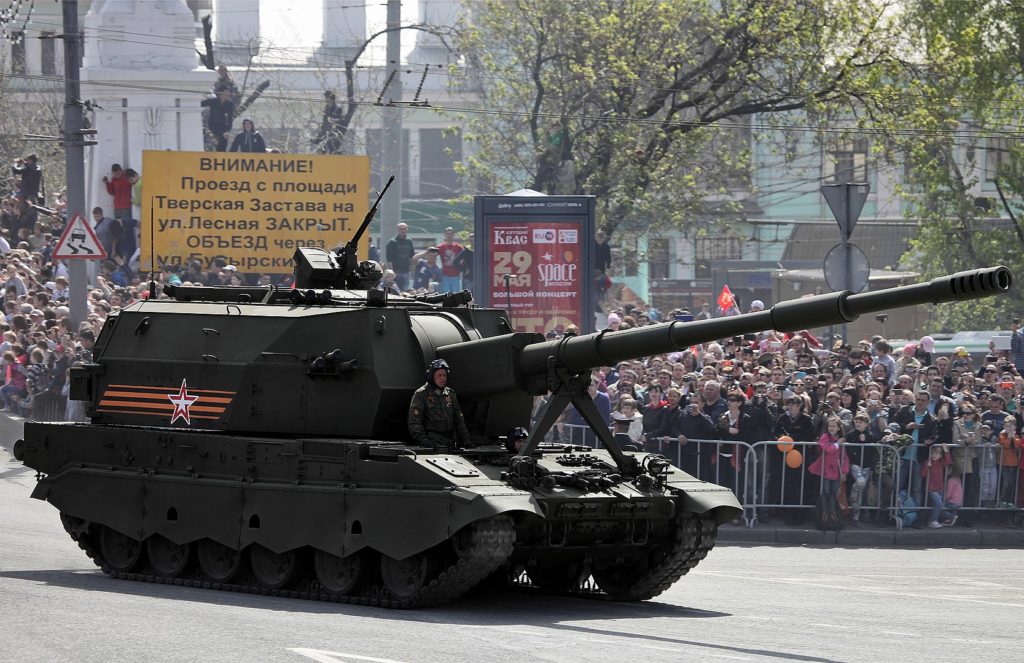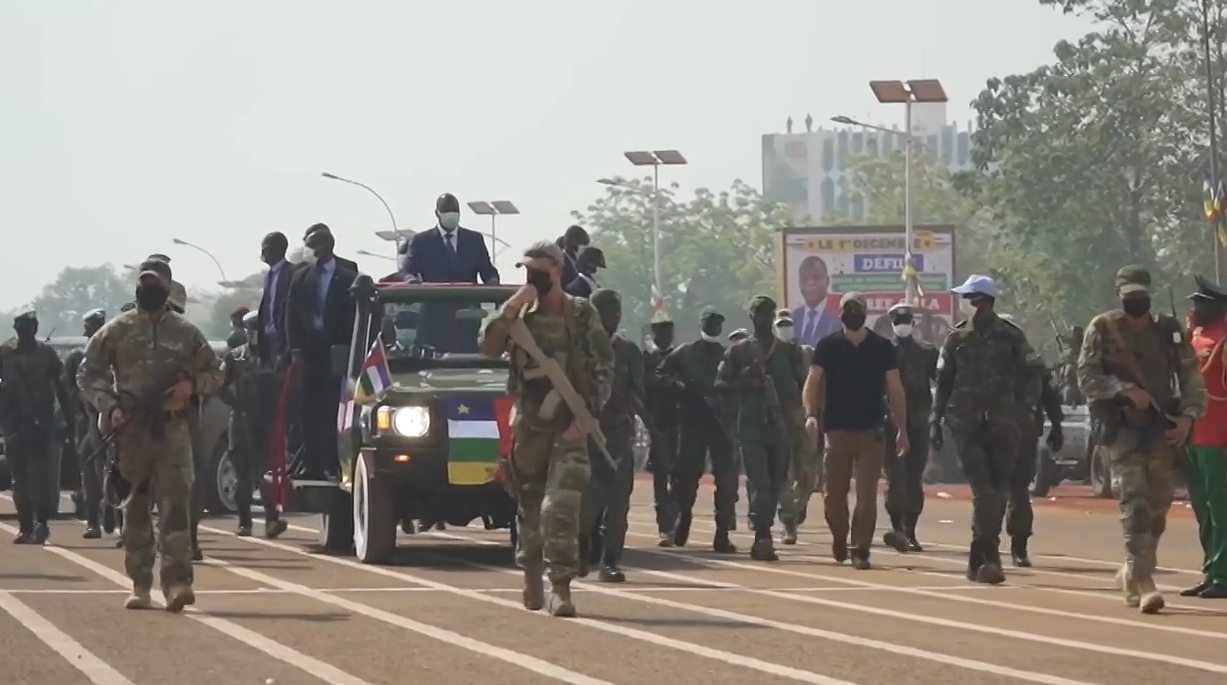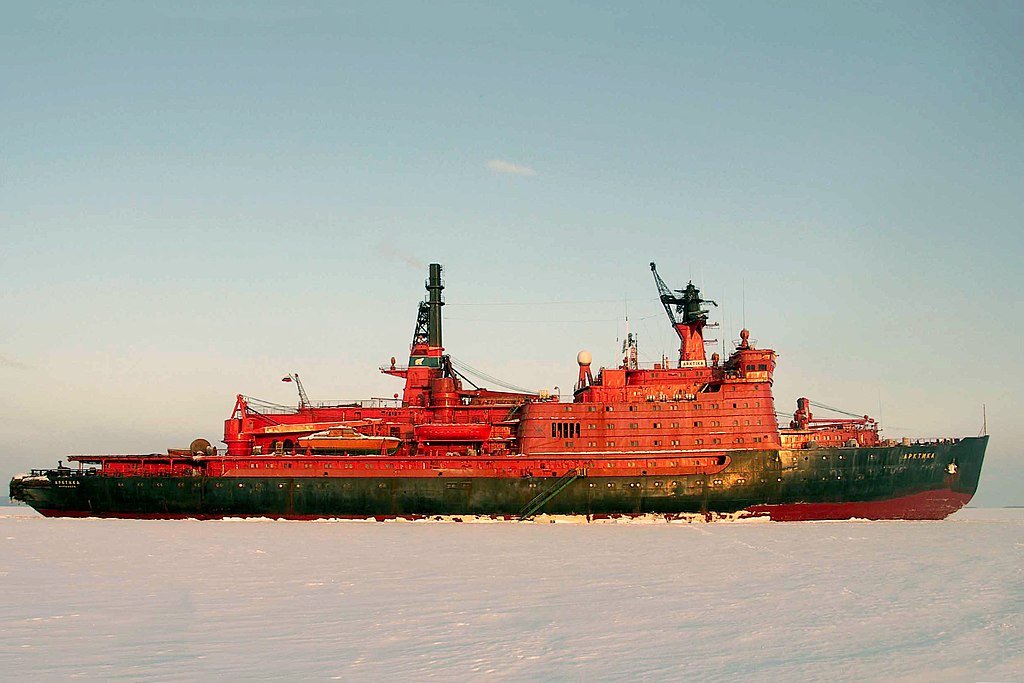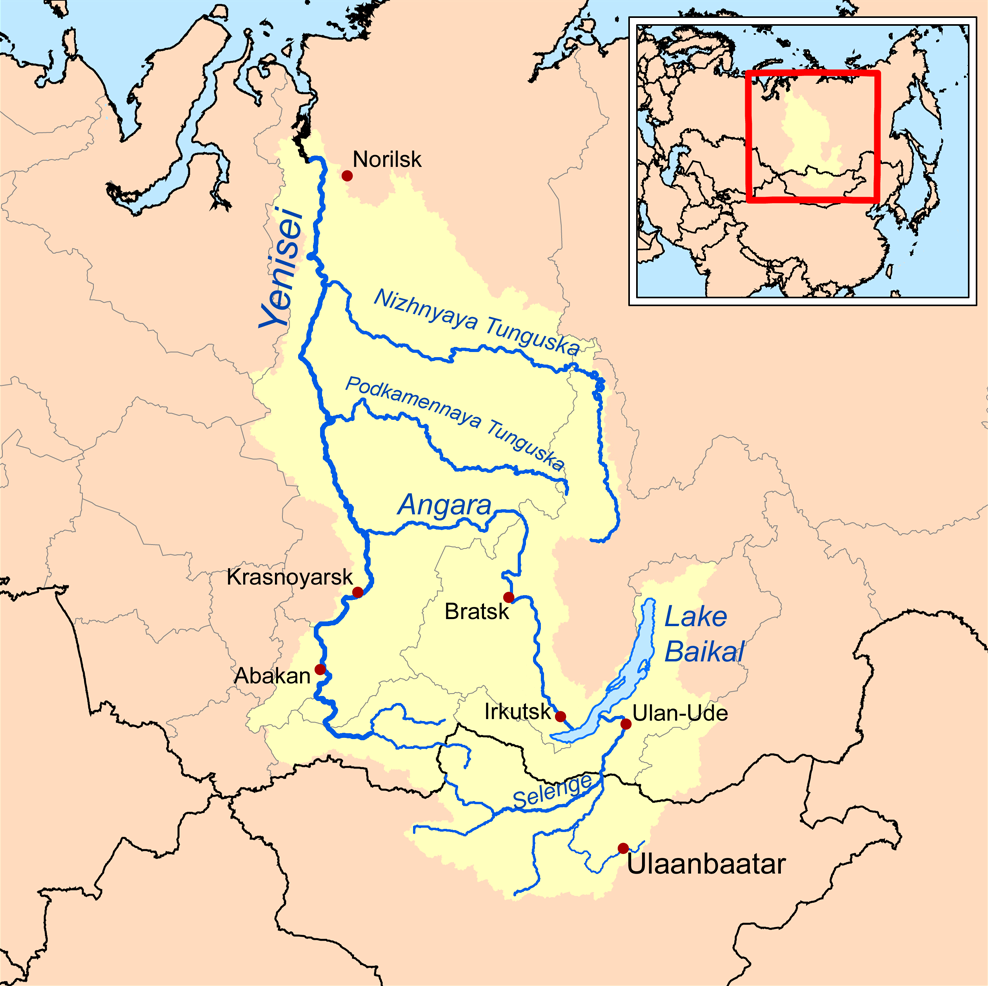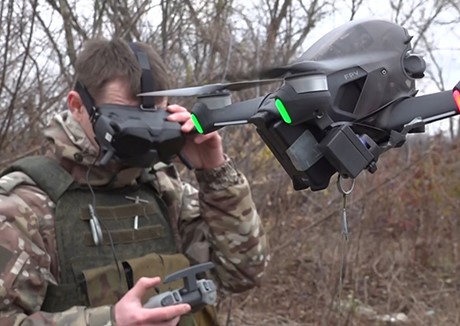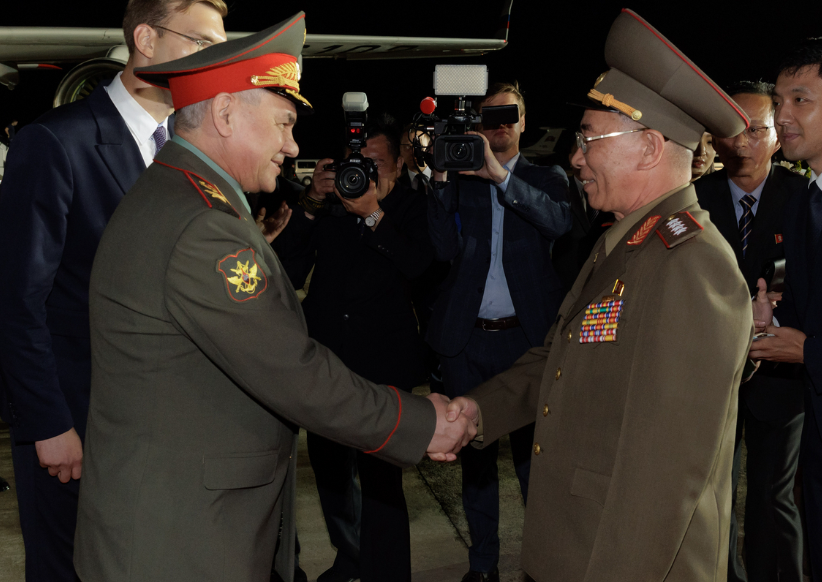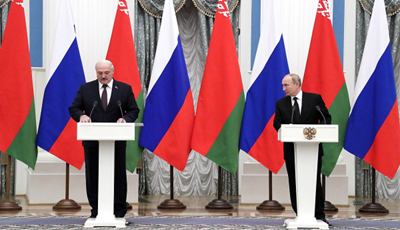
Belarussian President Alexander Lukashenko (Left) and Russian President Vladimir Putin (Right) at a joint press conference.
“As a part of the response to possible threats to the military security of our country, we clearly defined and communicated the views of Belarus on the use of the tactical nuclear weapons deployed in our territory.”
Belarus has agreed to allow Russian tactical nuclear weapons (TNWs) to be deployed in the country, a decision that has led it to revise its national military doctrine. According to the first excerpted article from Russian state-managed RIA News, presidents Lukashenko and Putin confirmed the successful deployment of Russian TNWs onto Belarusian soil in December 2023. Under the agreement, Russian TNWs in Belarus would remain under Russian control.[i] The placement of these weapons in Belarus would put them close enough to strike NATO members.
As a result of this move, in January 2024, Belarus revised its military doctrine, which is now known as the New Military Doctrine. Belarus’s newly revised military doctrine is unequivocal in declaring the West as an aggressor actively seeking to disrupt the integrity of Belarussian national security. Notably, the New Military Doctrine states that the Russian TNWs are an acceptable means of national defense, citing a willingness to work with Moscow to deploy these weapons against perceived threats from the West. Belarus’s New Military Doctrine underscores its willingness to use TNWs, citing reasons of national security and an explicit list of enemies, including the United States and NATO, with Poland and the Baltic states as its primary adversaries. The excerpted article from Belarus Today, a government publication closely linked to the Belarussian presidential administration, points out that the “Aggressive nature of the military policy of Western nations has ceased to be masked by formulations about the exclusively defensive orientation of their military doctrines. These national and coalition documents establish claims to global and regional dominance. They openly name states that are hostile to them, including Belarus.” For Russia, the move to station TNWs in Belarus has expanded its strategic footprint.[ii] Furthermore, as detailed in the third excerpted article, from the Belarusian state-run media organization BELTA –News of Belarus, Belarus has revised its doctrine to increase its defense by focusing on Belarussian military strategy in the likelihood of escalating conflicts with neighboring states such as Poland. Russia arming its ally with nuclear devices, Belarus revising its military doctrine to allow for deployment of Russian TNWs and explicitly naming enemies serves to further heighten regional tensions, especially between Poland and Belarus.[iii]
Sources:
RIA News, “Лукашенко назвал последствия появления ядерного оружия в Белоруссии (Lukashenko identifies the consequences of the appearance of nuclear weapons in Belarus),” RIA News (One of Russia’s largest state news agencies), 19 January 2024. https://ria.ru/20240119/belorussiya-1922400028.html
In March (of 2023) Russian President Vladimir Putin declared that Moscow and Minsk had agreed to put tactical nuclear weapons in Belarus. … In June the President of Russia communicated that in accordance with Belarussian-Russian plans the first nuclear charges had been delivered to Belarus. In December (of 2023), Lukashenko informed journalists that all Russian tactical nuclear weapons, agreed upon by the two countries, had been delivered to the (Belarussian) Republic, and were “in place, in good condition,” and that the military is training daily.
Nikolai Buzin, “На чем сделан акцент в проекте новой Военной доктрины Беларуси (What is the emphasis of the New Military Doctrine of Belarus),” Belarus Today (official government news channel), 24 January 2024. https://www.sb.by/articles/v-mire-uvazhayut-silnykh.html
“As a part of the assessment of trends in the development of the military-political situation (we have) clearly named the sources of military threat to Belarus. (These are) the United States, NATO, Poland and the Baltic nations. In particular, article 9 states that the “aggressive nature of the military policy of Western nations has ceased to be masked by formulations about the exclusively defensive orientation of their military doctrines. These national and coalition documents establish claims to global and regional dominance. They openly name states that are hostile to them…, which includes the Republic Belarus.”
“Какой будет новая Военная доктрина Беларуси. Хренин раскрыл подробности документа (What will be the new Military doctrine of Belarus. Khrenin revealed the details of the document),” BELTA – News of Belarus (official government news channel), 6 January 2024. https://www.belta.by/society/view/kakoj-budet-novaja-voennaja-doktrina-belarusi-hrenin-raskryl-podrobnosti-dokumenta-610049-2024/
Among important innovations, (Viktor Khrenin) describes, for instance, targeting, that is, a clear indication of the sources of military threats to Belarus. At the same time, unlike NATO countries, which in their war documents explicitly name (their) enemies, listing specific countries, Belarus states likely sources of threats. “We expressly name sources of threats and from the countries which they emanate.” – explained Viktor Khrenin. He also brought attention to the strengthened concepts of national security. “For existing challenges of military security there is a clearly formulated line of threats.” The head of the Ministry of Defense explained. “Based on this, we have formulated measures that the state will take in case of risks, challenges, and threats. We have clearly defined what government agencies should do and what functions they will perform. As a part of the response to possible threats to the military security of our country, we clearly defined and communicated the views of Belarus on the use of the tactical nuclear weapons deployed in our territory.”
Notes:
[i] TNWs are designed for the battlefield and can greatly range in impact. A tactical nuclear weapon is any nuclear weapon not classified as “strategic” by U.S.-Russian arms control agreements, such as SALT. For more information, see: “What are ‘tactical’ nuclear weapons?,” The International Campaign to Abolish Nuclear Weapons (ICAN), https://www.icanw.org/what_are_tactical_nuclear_weapons; Most TNWs have a maximum range of 500km if land-based or 600km if airborne. For additional information, see: “Tactical Nuclear Weapons (TNW),” Nuclear Threat Initiative, 30 April 2002. https://www.nti.org/analysis/articles/tactical-nuclear-weapons/
[ii] Previous reporting notes that the withdrawal of Russia’s tactical nuclear weapons would only be negotiable if the United States were to completely withdraw American nuclear arms from the European continent. See: RIA News (one of Russia’s largest state news agencies), 31 July 2023. https://ria.ru/20230731/tyao-1887278977.html
[iii] For the Polish perspective on Belarus’s tactical nuclear weapons, see: Andrezj Wilk and Piotr Zochowski, “Russian nuclear weapons deployed in Belarus: the consequences,” Center for Eastern Studies (Warsaw based think tank) 6 June 2023. https://www.osw.waw.pl/en/publikacje/analyses/2023-06-06/russian-nuclear-weapons-deployed-belarus-consequences
Image Information:
Image: Belarussian President Alexander Lukashenko (Left) and Russian President Vladimir Putin (Right) at a joint press conference.
Source: Kremlin.ru, http://kremlin.ru/events/president/news/66648
Attribution: CC BY 4.0

